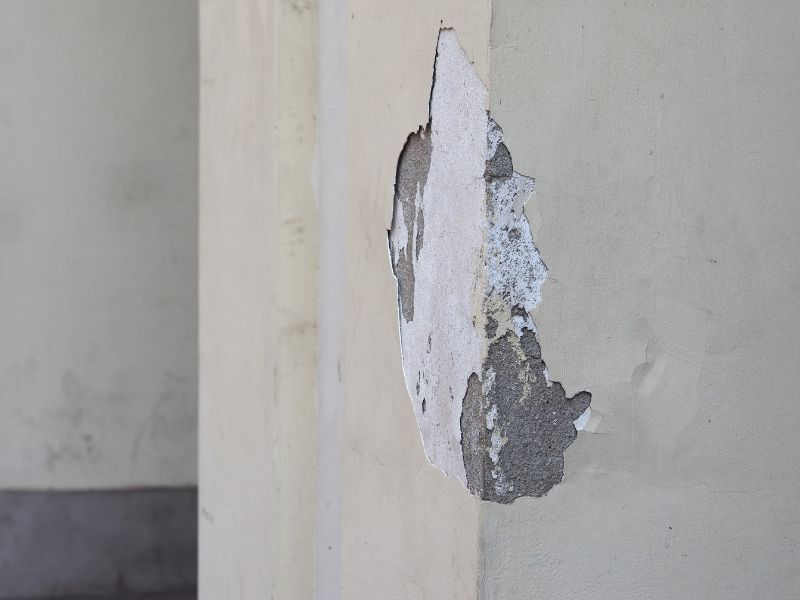
10 May Fighting moisture: the insulators
Humidity in our homes can wreak havoc, from structural damage to health problems. From our position as a company, at Humilogic today we want to talk about what moisture insulators are, how they work and how they can benefit your home.
We know that many people do not know anything about this topic, if you are one of them, do not hesitate to continue reading this article so interesting that we bring you.
What are moisture insulators?
They are materials designed to prevent the entry and accumulation of moisture in the structures of buildings, that is, in our homes. These materials act as a completely waterproof barrier or wall that prevents moisture from entering the walls, ceilings and floors of a house. But what is its main function? For basically, it is to protect the structures against the negative effects of moisture, such as the degradation of materials, the formation of mold and fungi, and health problems associated with indoor moisture.
Insulators types
- Waterproofing insulators: these materials are applied directly on surfaces to form a protective layer that repels water and moisture.
- Vapor barrier membranes: installed on walls and ceilings, these membranes prevent moisture from inside the home from seeping out.
- Pinturas antihumedad: especialmente formuladas para resistir la humedad, estas pinturas crean una capa protectora sobre las superficies que ayuda a prevenir la formación de moho y hongos.
- Anti-moisture paints: specially formulated to resist moisture, these paints create a protective layer on surfaces that helps prevent the formation of mold and fungi.
Advantages of anti-moisture insulators
They offer a number of important advantages for homes and buildings, including:
- Prevention of structural problems: by preventing moisture build-up, anti-moisture insulators help prevent structure degradation and cracking, which can prolong the life of buildings.
- Health and well-being: they reduce the proliferation of mold, fungi and mites, which can improve indoor air quality and prevent respiratory problems and allergies in the occupants of the building.
- Energy savings: by keeping structures free of moisture, moisture insulators can help improve the energy efficiency of buildings by reducing heat loss in winter and keeping them cool in summer.
- Property value protection: by preventing moisture damage, moisture insulation helps maintain property value by avoiding costly repairs and structural improvements in the future.
How is the maintenance of moisture insulation?
The maintenance of moisture insulation is essential to ensure its effectiveness over time. One of the things you should do is to perform periodic inspections to detect possible damage or deterioration in the anti-moisture insulators. This may include cracks, landslides, wet spots, or other signs of deterioration.
On the other hand, you should keep surfaces treated with moisture insulation to avoid dirt accumulation and the formation of mold and fungi. Use soft, non-abrasive cleaning products to clean affected areas.
In addition, of the anti-moisture insulators, it is important to control the humidity inside the buildings through proper ventilation, the use of dehumidifiers and the repair of water leaks.
Are moisture insulation expensive?
The price of moisture insulation can vary according to various factors, such as the type of material used, the extent of the surface to be treated and especially the complexity of the installation. In general, they can be considered an important investment to protect the structural integrity of a building, prevent health problems associated with moisture and improve energy efficiency.
If you want to know more about this material for your home or your business, do not hesitate to contact us.
